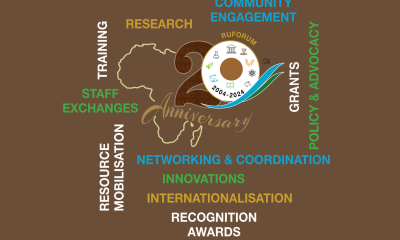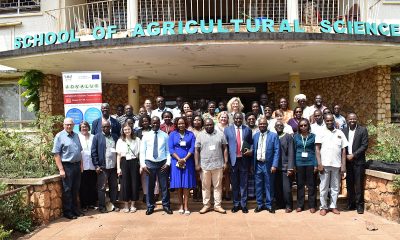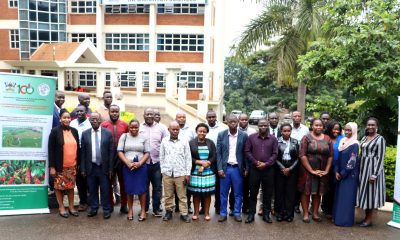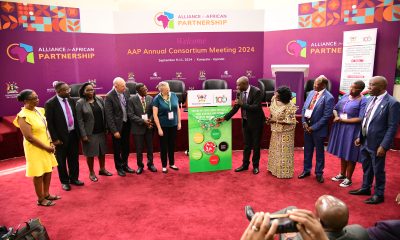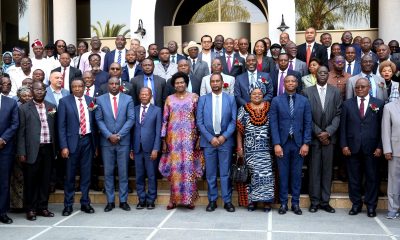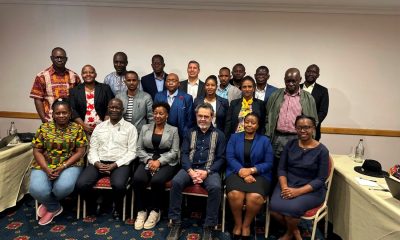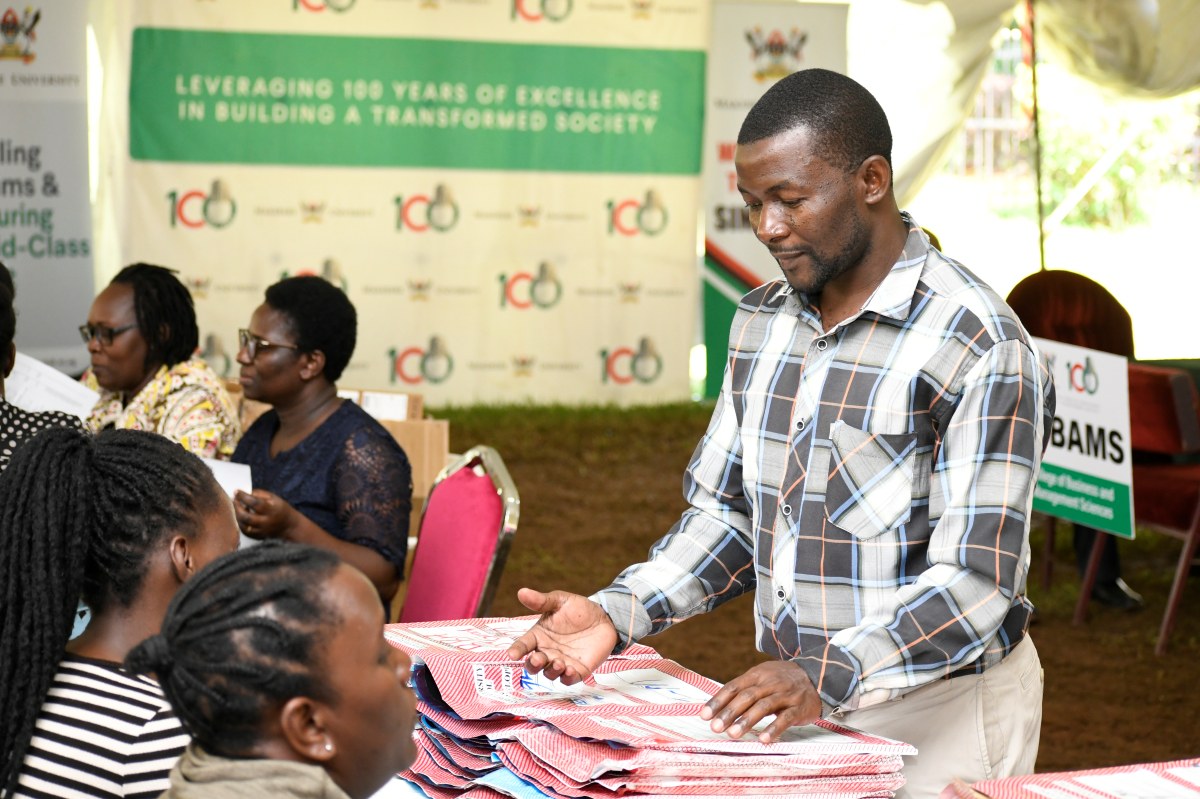With the increasing human population on the African continent, there is need to ensure food and nutrition security, therefore requiring intensification of livestock and crop production on limited arable land. The need for additional land for agriculture could result in invasion of forested ecosystems, dramatic land use and land cover changes, and the evolution and spillover of novel zoonotic diseases to human populations. This century has seen a heightened emergence of previously unknown zoonotic respiratory tract infectious diseases with epidemic potential including; Avian influenza, Severe Acute Respiratory Syndrome (SARS), Middle East Respiratory Syndrome (MERS), and most recently the Severe acute respiratory syndrome coronavirus 2 (SARS-CoV-2) responsible for the COVID-19 Pandemic. With these emerging and re-emerging pandemics, most African countries will require dedicated resources, intensified surveillance mechanisms and support, and capacity building to be able to prepare, monitor and respond in a timely and appropriate manner. Universities have a key role to play as centers of innovation, research and capacity building for responding to continental bottlenecks as well as support countries that are ill-prepared to detect and contain disease outbreaks.
This report covers points of action and emerging issues from Webinar 3 organized by RUFORUM on Universities’ role in preparedness, response and monitoring of emerging and re-emerging pandemics held on 3rd July, 2020.
Read more
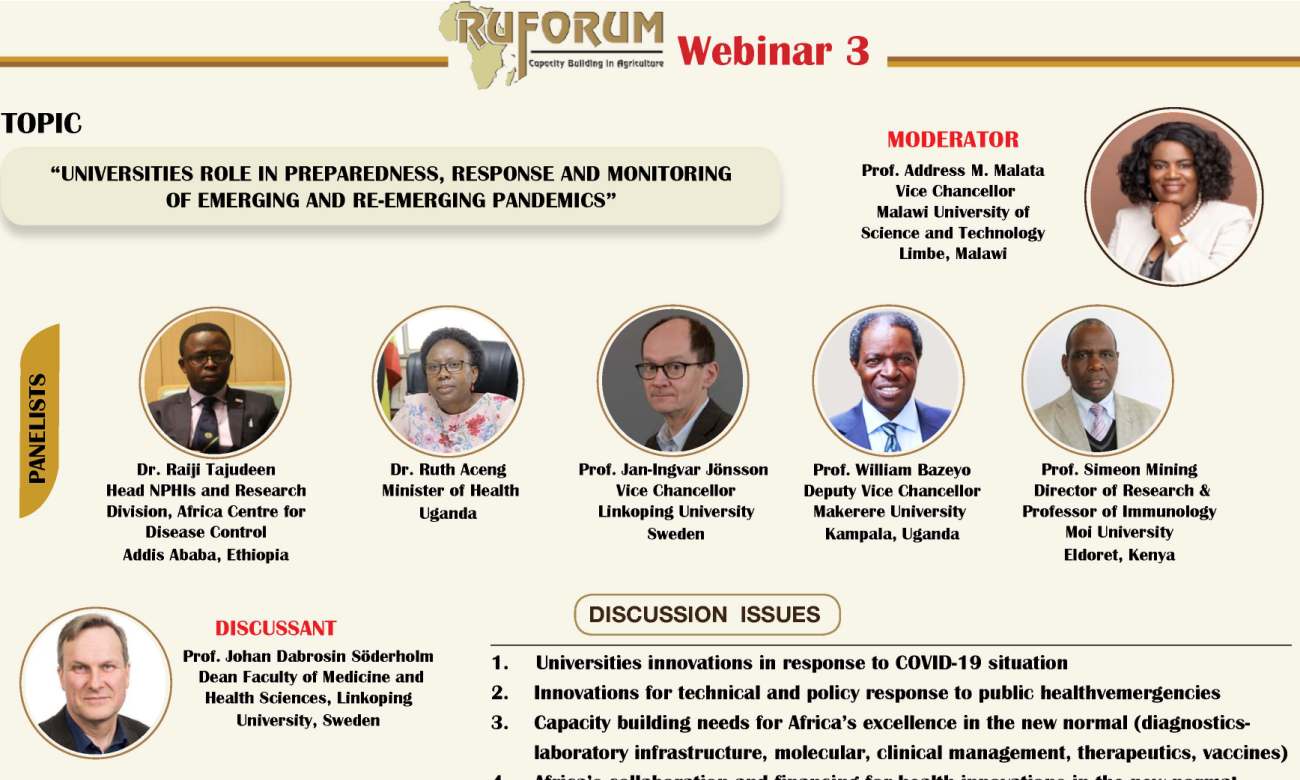

 General6 days ago
General6 days ago
 General1 week ago
General1 week ago
 General2 days ago
General2 days ago
 General2 weeks ago
General2 weeks ago
 General1 week ago
General1 week ago
